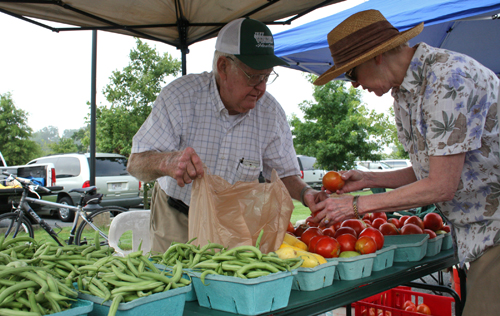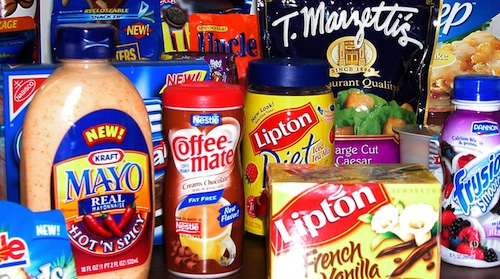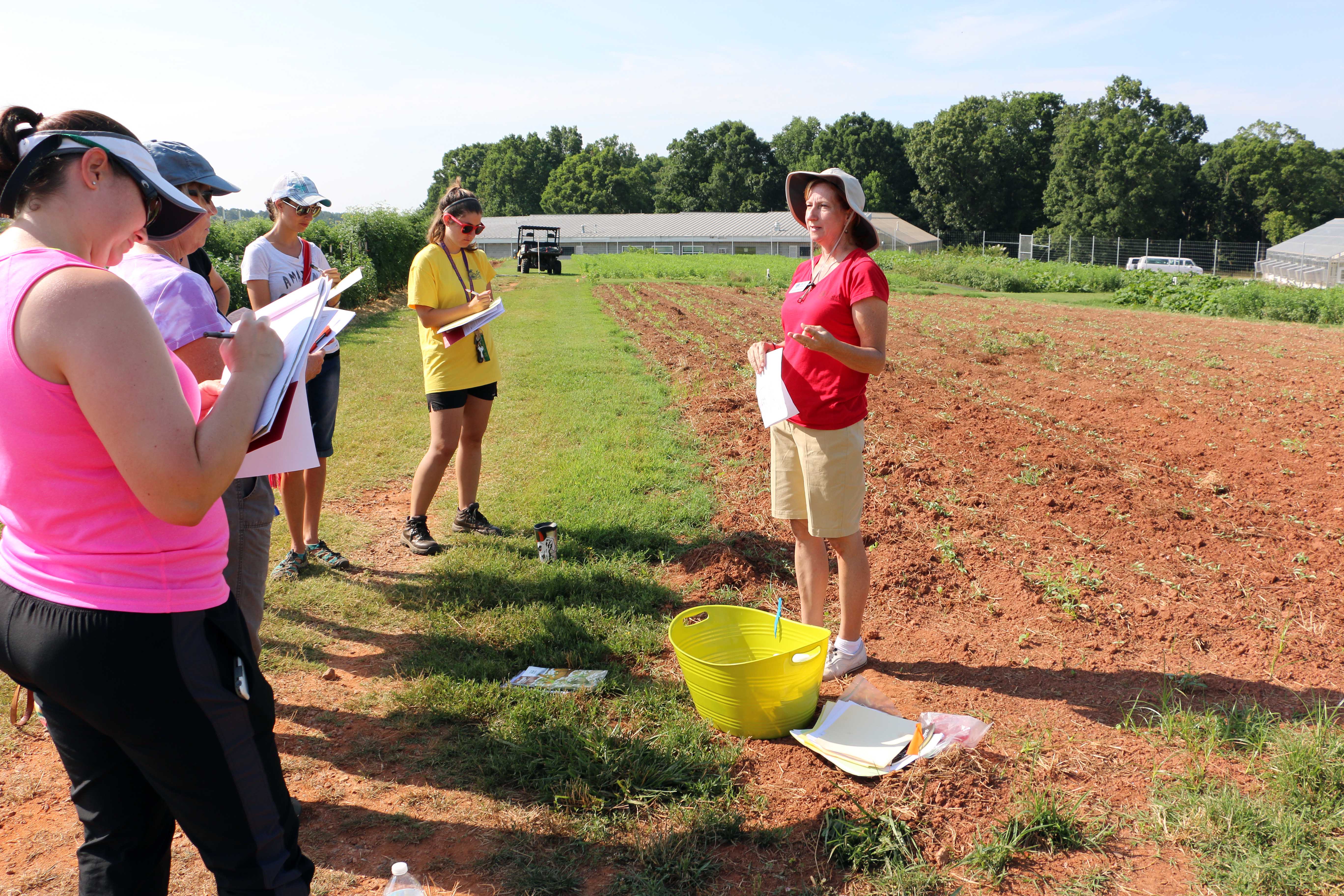When farmers market season hits Georgia in May and early June, shoppers know they can look forward to some very fresh produce, but they should also expect some juicy deals.
Prices vary from market to market, but smart shoppers can cut down on their grocery bills, said Angela Hairston, a UGA Extension agent with Fulton County’s Expanded Food and Nutrition Education Program.
As an area agent for EFNEP, Hairston and her team work to connect families with limited resources—some of whom live in food deserts—to sources of fresh fruits and vegetables.
Some of the agencies that they work with provide transportation to and from local farmers markets once or twice a year, and many families come back shocked at how far their food dollars will go.
“One of the most revealing comments made by families attending (the farmers market) was, 'I paid twice as much for the peppers and bananas at the grocery than what they cost here at the market,’” Hairston said.
In and around Atlanta, large, year-round farmers markets, like the Dekalb, Forest Park and Buford Highway farmers markets, can sometimes give shoppers more produce for their money than chain grocery stores.
Outside the metro Atlanta area, many small towns and county Extension offices help promote local food markets that can also provide some good deals, said Connie Crawley, an Extension health and nutrition specialist with the University of Georgia.
The keys are to do a little bit of planning before your family heads to the market, to buy vegetables that are at the peak of their season and to avoid buying more than your family needs for that week.
Before you do your weekly grocery shopping, try to find out what’s going to be offered at your market, Crawley said.
Vendors and the market managers will know what will be coming to market as the season progresses. Some markets maintain an email list or Facebook page or will run ads in the local newspaper to advertise the featured produce each week, Crawley said.
“This can allow you to plan menus ahead of time and find recipes to use with the produce you will be purchasing, so you are using it wisely,” Crawley said. “Then you can also have a list of other ingredients to purchase at the regular grocery to make these dishes.”
The best deals will be on vegetables and fruits that are at the peak of their season. You can usually tell what vegetables are peaking by simply looking around the market. If you see mountains of yellow squash on every table, it probably means that it’s squash season, and farmers will be willing to part with it for a reasonable price, she said.
The wide array of fresh, ripe vegetables and fruits can be a little overwhelming for some shoppers.
“It is very easy to get carried away by all the choices and just overbuy,” Crawley said.
“What I do is scan the entire market before I do any purchasing and really look at the produce for the best quality and the best prices if they are posted,” she added. “Then I ask myself, ‘What can I do with the produce in an economical way?’ and, ‘Can I use this produce in a timely fashion so I will not end up throwing it away because it has spoiled?’”
Remember, there will most likely be more produce at the market the following week, so you don’t have to stock on a whole month’s worth of squash or tomatoes unless you plan on preserving them.
For more information about finding a local farmers market or saving on you grocery bill call you local county Extension agent or call 1800-ASK-UGA1.









